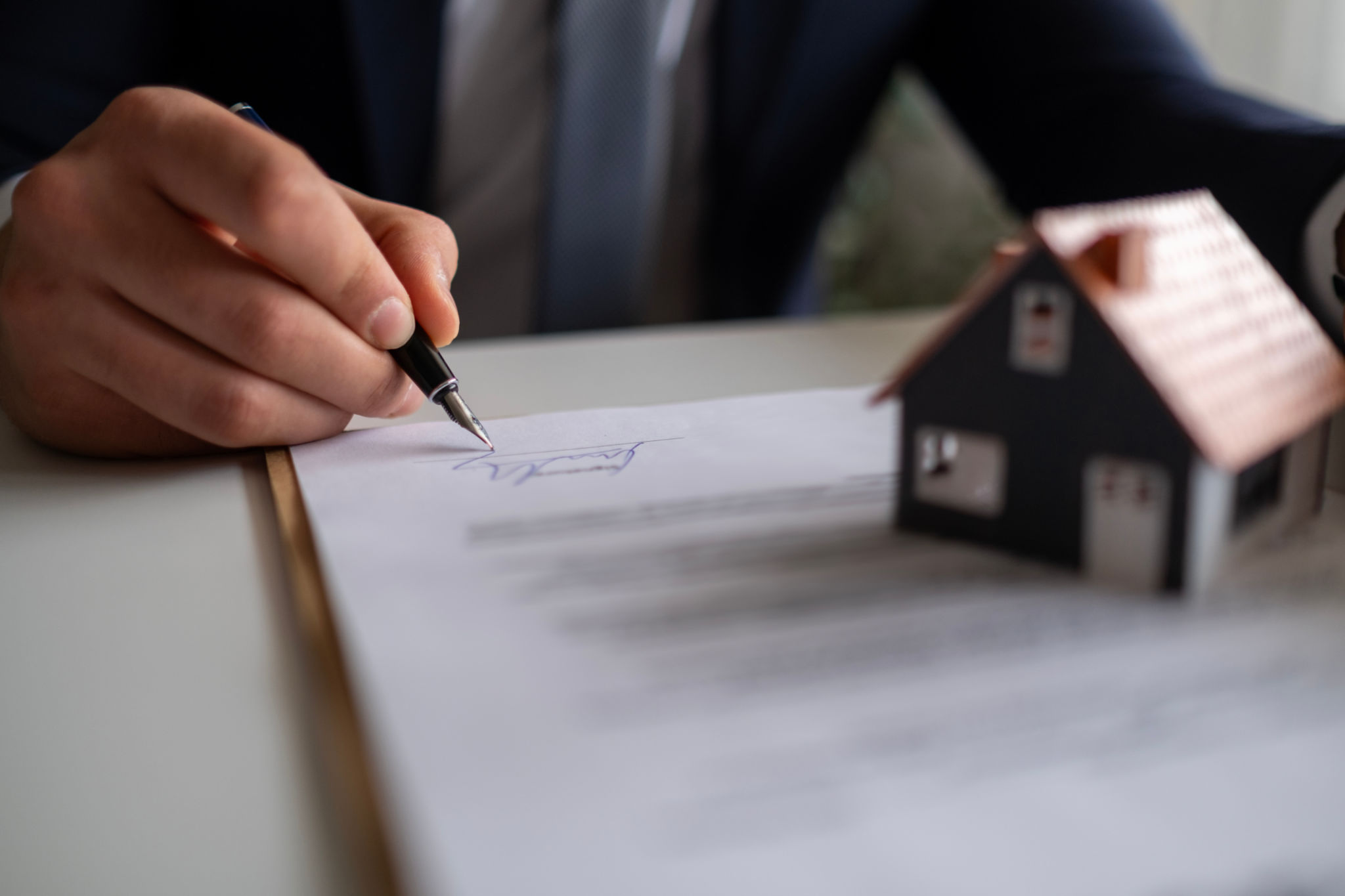Understanding the Real Estate Regulations in Dubai: A Beginner's Guide
Introduction to Dubai's Real Estate Market
Dubai's real estate market has grown tremendously over the past few decades, attracting investors and homebuyers from around the globe. This vibrant city offers a unique blend of luxury, innovation, and opportunity. However, understanding the regulations that govern this dynamic market is crucial for anyone looking to invest or purchase property here.

Key Regulatory Bodies
The real estate sector in Dubai is primarily regulated by two main bodies: the Dubai Land Department (DLD) and the Real Estate Regulatory Agency (RERA). The DLD is responsible for all legal transactions related to real estate, while RERA oversees the regulation of the sector to ensure transparency and efficiency.
Dubai Land Department (DLD)
The DLD plays a pivotal role in facilitating real estate transactions. It manages property registration, ensures legal ownership, and handles disputes. To invest in Dubai's real estate, understanding the DLD's processes is essential for a smooth transaction experience.

Understanding RERA's Role
RERA was established to increase transparency and protect the interests of all parties involved in real estate transactions. It sets guidelines for developers, brokers, and property management companies, ensuring that they adhere to ethical practices.
RERA Regulations
RERA enforces several key regulations, including:
- Broker Registration: All real estate brokers must be registered and licensed through RERA.
- Project Approvals: Developers must obtain RERA approval before launching new projects.
- Service Charges: Guidelines on how service charges are calculated and applied to properties.

Property Ownership Laws
In Dubai, property ownership is divided into freehold and leasehold areas. Foreigners can own property in designated freehold areas, while leasehold properties are available for long-term leases. Understanding these distinctions is crucial for making informed investment decisions.
Freehold vs. Leasehold
Freehold Ownership: This allows full ownership rights over the property and the land it is built on.
Leasehold Ownership: This involves leasing the land for a period, typically up to 99 years, while owning the structure built on it.
Conclusion
Navigating Dubai's real estate market can be complex, but with a solid understanding of its regulations, investors can make informed decisions. Whether you're considering purchasing a luxurious apartment or investing in commercial properties, familiarizing yourself with the roles of DLD and RERA will ensure a smooth process and a successful venture.
